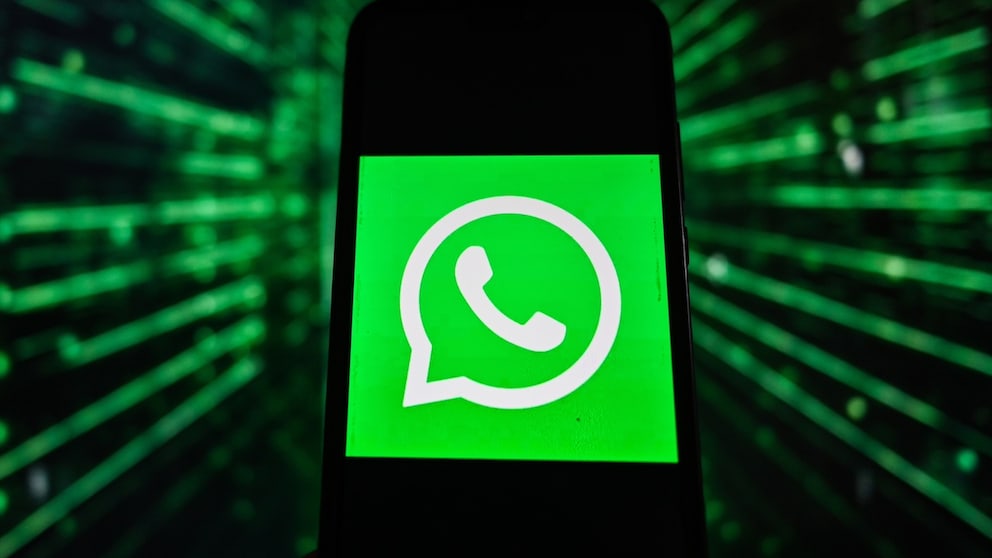October 23, 2024, 11:32 am | Read time: 3 minutes
WhatsApp has announced a feature that users have been waiting for a long time: a dedicated address book. This is likely to simplify some processes.
The messenger WhatsApp is one of the most used apps in the world. According to Statista, the number of unique users alone is just under 3 billion. Users can use the app to chat with one or more people, make calls with or without video, send voice messages, and much more. Until now, however, it has been necessary to add a person as a contact on the mobile device to which the WhatsApp account is linked if you want to create a new chat with them. This is now set to change fundamentally. TECHBOOK explains the details.
WhatsApp address book is a long-requested feature
WhatsApp currently accesses the address book of the primary device to which the WhatsApp account is linked. Even if you add a number via WhatsApp, such as a person from a shared group, this number is then saved via the end device. However, WhatsApp has now announced that it is working on its own address book function. This should be completely independent of the phone’s address book, but there should always be the option to synchronize new contacts so that no unnecessary additional work is required.
In the future, it will, therefore, be possible to separate your contacts accordingly. This can be practical if you share a device with others, for example, or to separate private and business contacts better. WhatsApp also promises that contacts can be restored in this way if you lose your smartphone.
The change also means that you no longer have to create new contacts via the primary device. In the future, it should also be possible to manage your contact list via WhatsApp Web.
Data protection should play a major role
At the same time, WhatsApp formulates clear data protection requirements in its announcement of the feature. In the press release, WhatsApp refers, among other things, to the potential of the function, which could make stored and displayed phone numbers in Messenger completely obsolete. New contacts could then simply be saved with their name.
WhatsApp already mentioned this possibility a few weeks ago. In general, the change is intended to provide more security. This is made possible by the so-called IPLS – Identity Proof Linked Storage. But what is it in detail, and how does the technology work?
IPLS explained
The technology announced by WhatsApp allows users to store their contacts in encrypted form. To achieve this, WhatsApp has teamed up with Cloudflare and relies on two processes that Messenger already uses: Key transparency and end-to-end encryption. For example, WhatsApp already protects its chats by encrypting them and assigning them their own security number.
Roughly speaking, the WhatsApp accounts participating in a chat are each assigned two “keys” to access the conversation. One of them is public, the other private. This ensures that not even WhatsApp itself can access private chat messages. Key transparency, in turn, ensures that these keys are not manipulated or falsified.
IPLS now brings these technologies together, enabling data to be stored in encrypted form. The appropriate key for the information is generated on the user’s device. WhatsApp itself states that the technology can be used “like a QR code scanning technology to detect a public key compromise in an end-to-end encrypted messaging system.”

WhatsApp plans several functions against unwanted messages

TikTok introduces group chats – what users should know

How Does WhatsApp Actually Earn Money?
When is WhatsApp’s own address book coming?
It is not clear from the announcement when exactly the WhatsApp address book will be launched. The company also does not give a date for creating new contacts via WhatsApp Web. It only mentions “soon.” WhatsApp is most likely rolling out the new features together.

